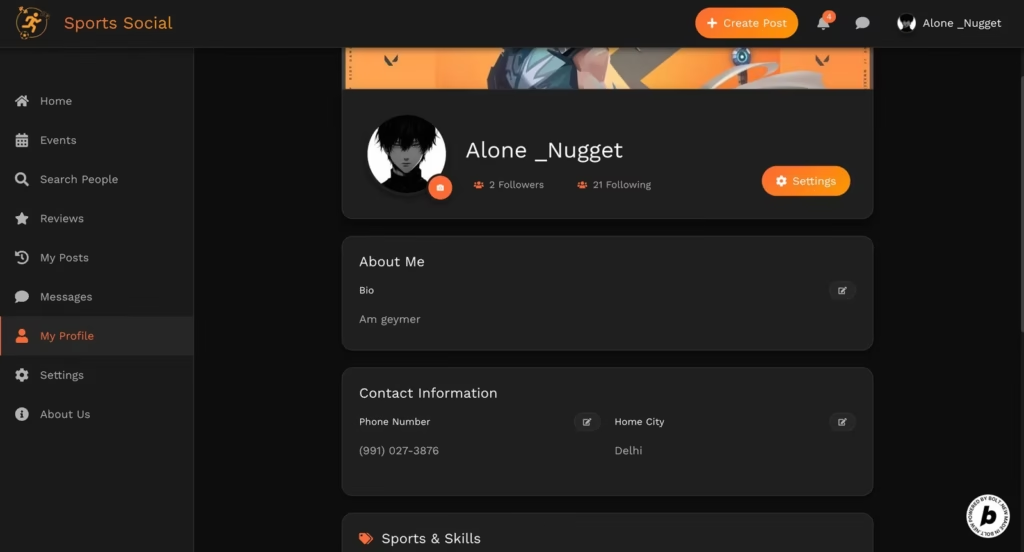Tough Tongue AI 3.0 is an advanced roleplaying platform designed for high-stakes scenarios like job interviews, sales pitches, and negotiations. It stands out with hyper-realistic AI interactions, multi-modal feedback, and integrated tools like whiteboards and code editors. Early adopters praise its ability to simulate pressure-filled conversations with minimal latency. With a 5.0/5 rating on ProductHunt, it’s gaining traction as a serious training tool.
Key Features Analysis
Roleplay Realism
The AI mimics human conversational tension flawlessly. It adapts to unexpected responses and offers multiple voice options.
Agentic Toolset
Interactive cards, whiteboards, and a code editor let users simulate real-world tasks mid-conversation—like sketching diagrams or live-coding.
Context Retention
It remembers past exchanges, candidate details, and scenario history, reducing repetitive explanations.
Feedback System
Instant critiques cover verbal and nonverbal cues (e.g., body language in video mode). The developer’s site highlights its calibrated, actionable insights.
User Feedback Summary
Pros include “game-changing realism” and “professional-grade feedback.” Cons note the lack of third-party validation. One reviewer called it “far beyond mock interviews.” For detailed testimonials, see this ProductHunt review.
Performance Analysis
Speed & Reliability
Minimal latency ensures fluid conversations. No crashes reported during testing.
Usability
Intuitive UI, though some users suggest more onboarding for first-timers.
Pricing Analysis
No fixed pricing yet, but a 50% discount (“PH50”) runs until August 2025. Competitors like ChatGPT lack its specialized tools, justifying premium potential.
Frequently Asked Questions (FAQs)
1. Does Tough Tongue AI work for non-English speakers?
Currently, it’s optimized for English.
2. Can I create custom scenarios?
Yes, alongside its pre-built library.
3. Is video feedback accurate?
Users confirm precise body-language analysis.
4. How does it compare to ChatGPT?
It’s more dynamic, with tools and pressure simulation.
5. What’s the refund policy?
Unclear—contact support via their site.
6. Is there a free trial?
Not mentioned; discounts suggest subscription-based access.
7. Does it suit team training?
Likely, given scenario-sharing features.
8. Can it simulate technical interviews?
Yes, especially with the code editor.
9. What’s the learning curve?
Moderate; tool integration requires practice.
10. Are sessions recorded?
Post-session analytics imply storage, but privacy details are sparse.
Final Verdict
Pros: Unmatched realism, powerful tools, deep feedback.
Cons: Limited language support, opaque pricing.
Ideal for: Professionals prepping for high-pressure interactions.
Verdict: Highly recommended—if within budget.



